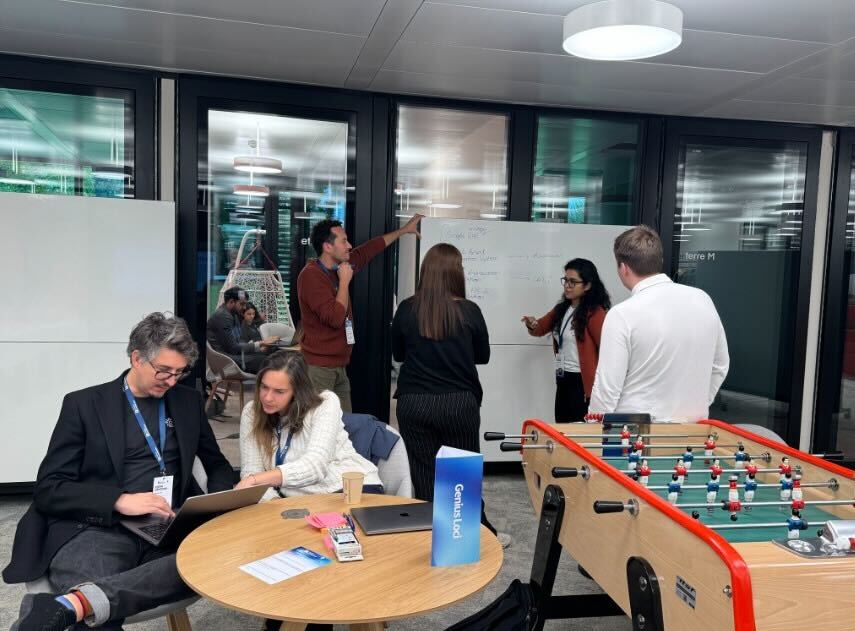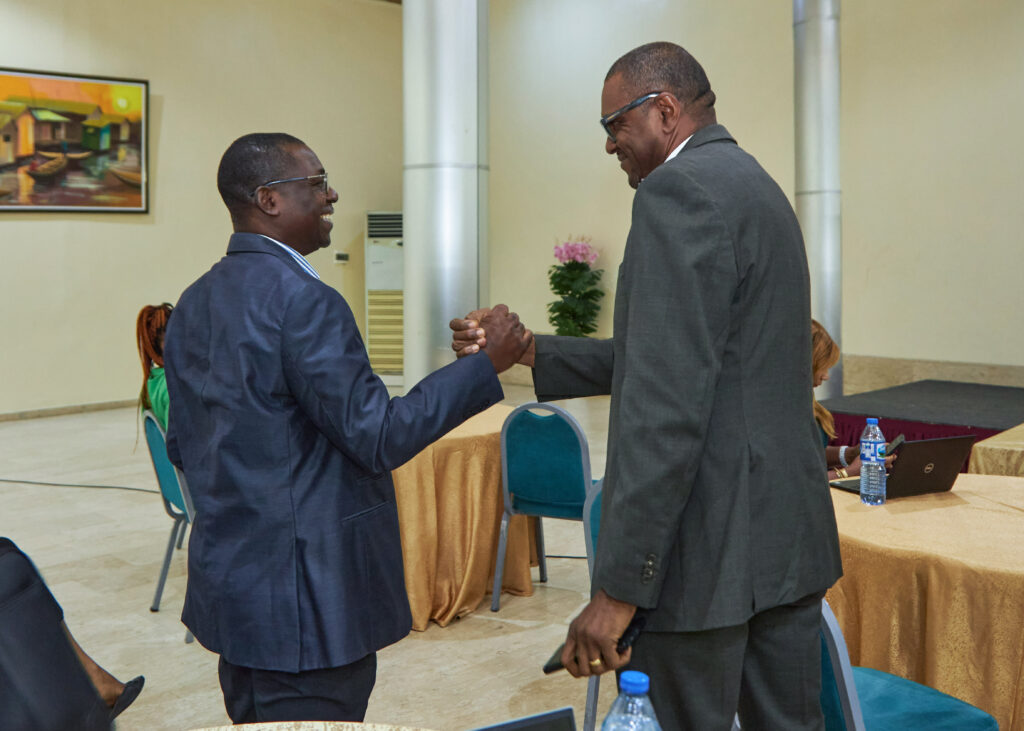
In the run-up to C/Can’s October call for applications to join its global network, we’re inviting all cancer care stakeholders—including local government, civil society organisations, industry partners, healthcare professionals, patients’ associations and individuals—to use a detailed checklist we’ve prepared to gauge their city’s eligibility and readiness to take on the City Cancer Challenge.
The checklist helps identify areas that might need strengthening before making an application, and also provides links to resources from organisations such as the World Health Organization (WHO), International Agency for Research on Cancer (IARC) and the Union for International Cancer Control (UICC) to help address them.
How to use the City Cancer Challenge Checklist
This five-point checklist is based on the experience garnered in our first cities, which include: Asuncion, Paraguay; Cali, Colombia; Kigali, Rwanda; Kumasi, Ghana; Porto Alegre, Brazil; Tbilisi, Georgia; and Yangon, Myanmar. It is organised under five key themes we have found to be the drivers of success and sustainability in efforts to improve cancer care in our cities:
-
Local leadership and political commitment
Strong political commitment from the institutions and individuals responsible for the planning, delivery and financing of cancer solutions is essential for the development and implementation of sustainable cancer care solutions that benefit all.
-
Partnerships
C/Can recognises that every sector has a role to play and value to bring to designing cancer care solutions that are tailored to the needs of patients. C/Can partnerships at the city level are already showing value by crowding in expertise from different disciplines and bringing the right stakeholders together. Equally, each partner, private or public, comes to the table with specific objectives and interests that need to be appropriately and transparently recognised and managed through a robust conflict of interest framework.
-
People-centred approach
Embedding civil society into the C/Can process is vital to ensuring that the right local stakeholders are engaged, that a strong linkage to the local community is maintained, and that any solutions developed reflect the needs of people and their communities affected by cancer. The participation of people affected by cancer is embedded in our process, ensuring we respond to the needs of those most affected.
-
Enabling policy environment
Aligning C/Can activities with a national cancer control plan and ensuring consistency with national cancer and NCD priorities is critical to ensuring wide support for, and sustainability of, all efforts at city level. The design, planning, and monitoring of cancer treatment and care solutions, whether at national, regional, or city level must be based on accurate data, including incidence and mortality, ideally from a population-based cancer registry.
-
Cancer care building blocks
A comprehensive city-wide needs assessment of gaps in core cancer care services and infrastructure is a critical first step in the C/Can process. However, in cities where there exists basic capacity and availability of core cancer care services (including diagnostics, surgery, radiotherapy, systemic therapy and palliative care), experience shows that the C/Can process can effectively catalyse and accelerate existing efforts.
The application process to join C/Can’s global network will officially open on 21st October 2020. Cities will be invited to submit an online Expression of Interest before the deadline of 1 December 2020.
In the meantime, we encourage you to register on the City of Tomorrow website as well as visiting us on social media: #BecomeADoer





